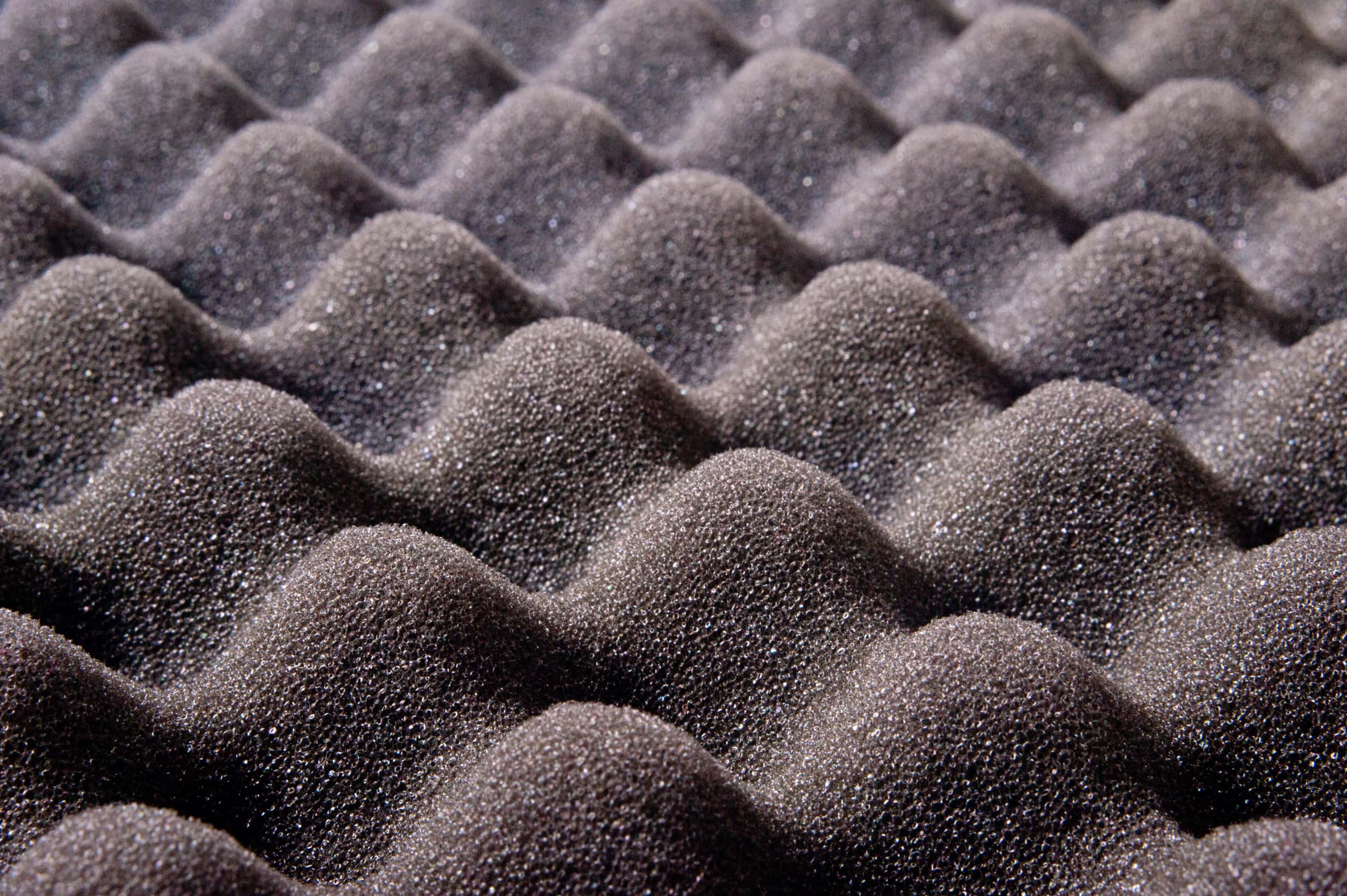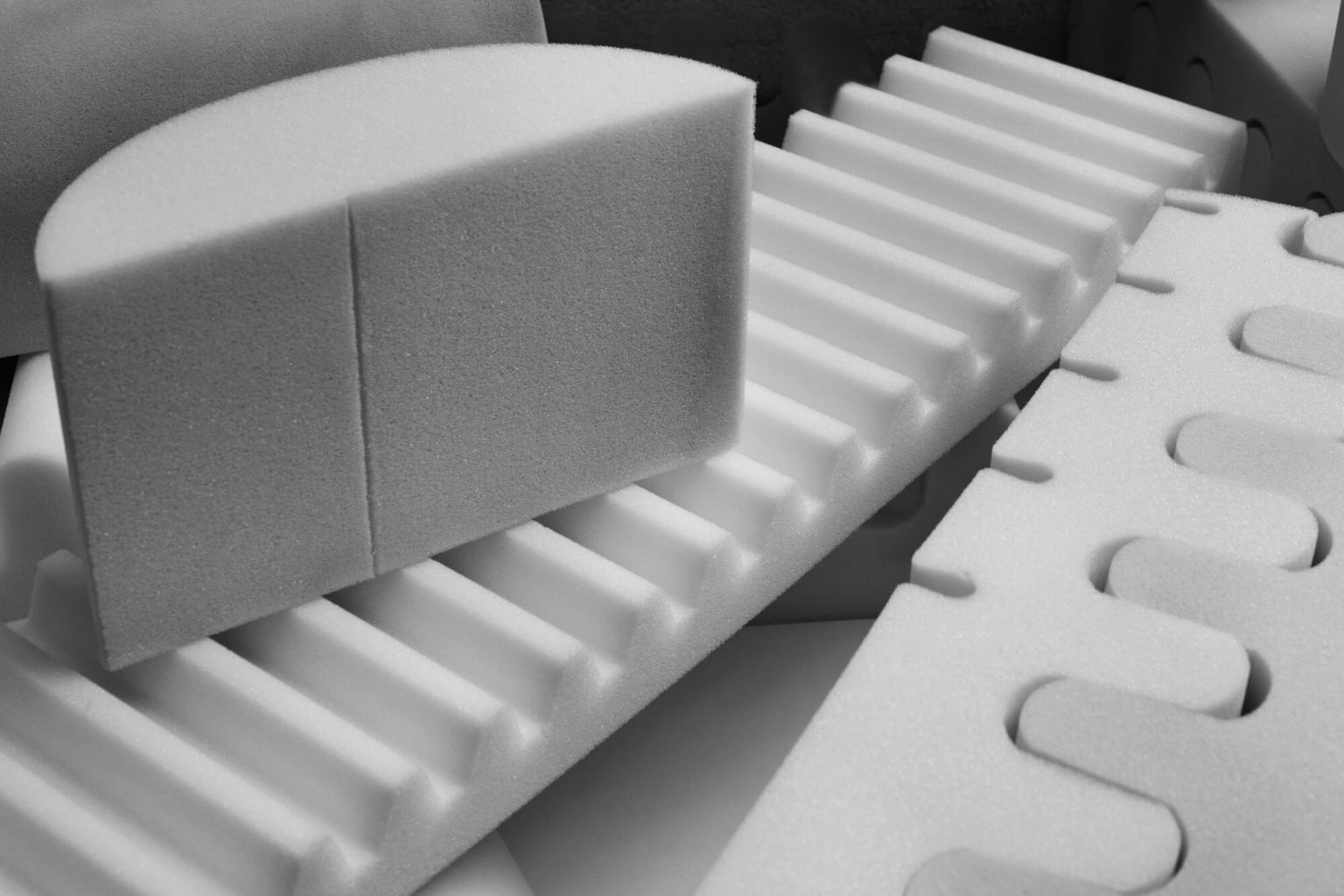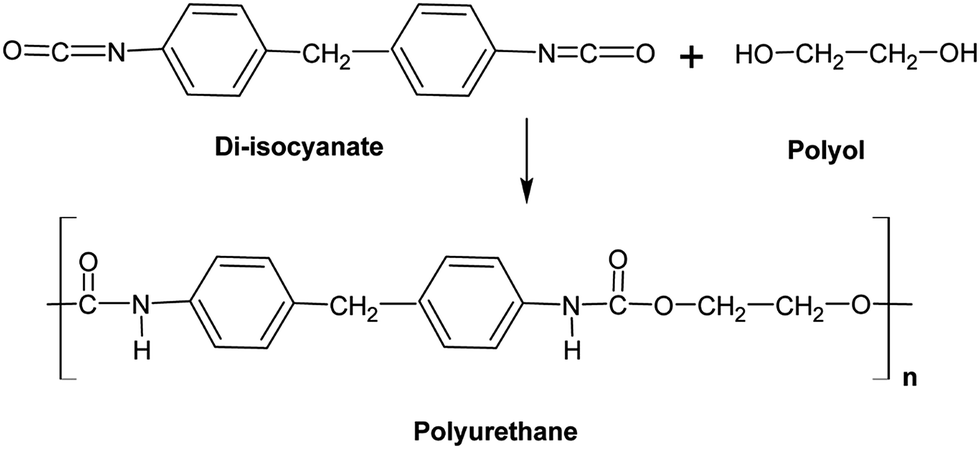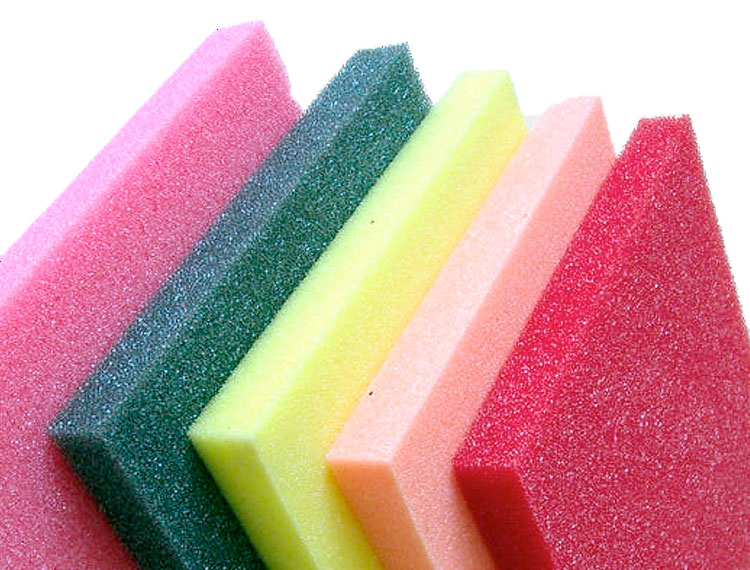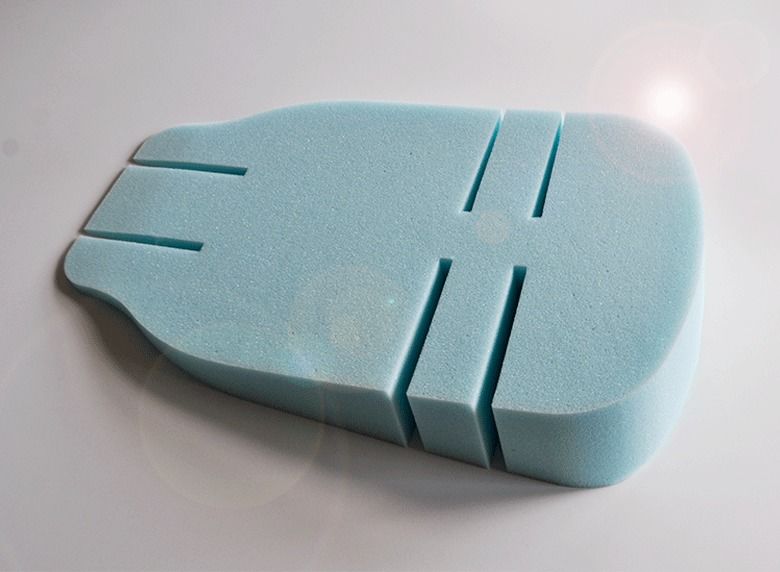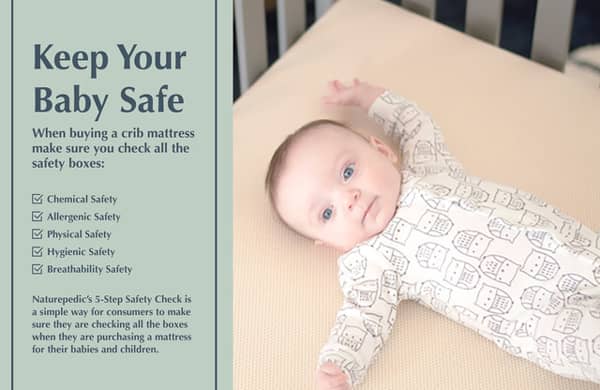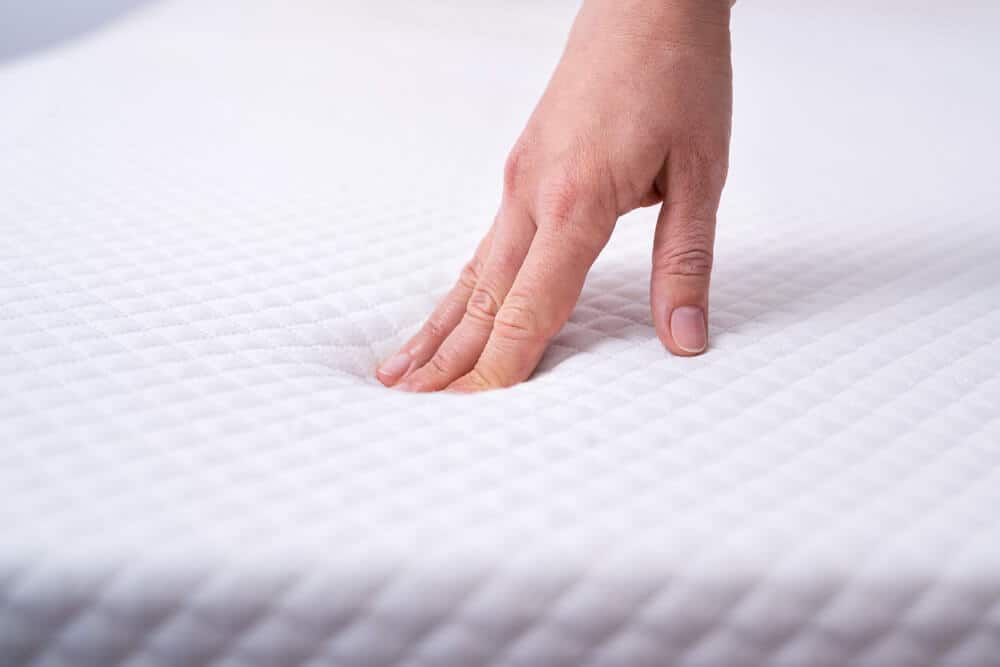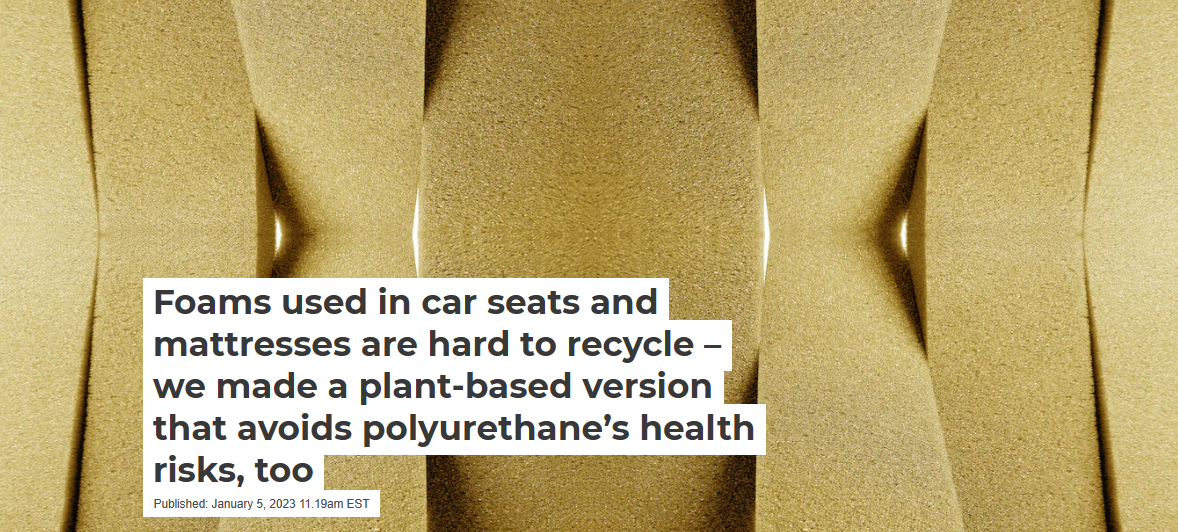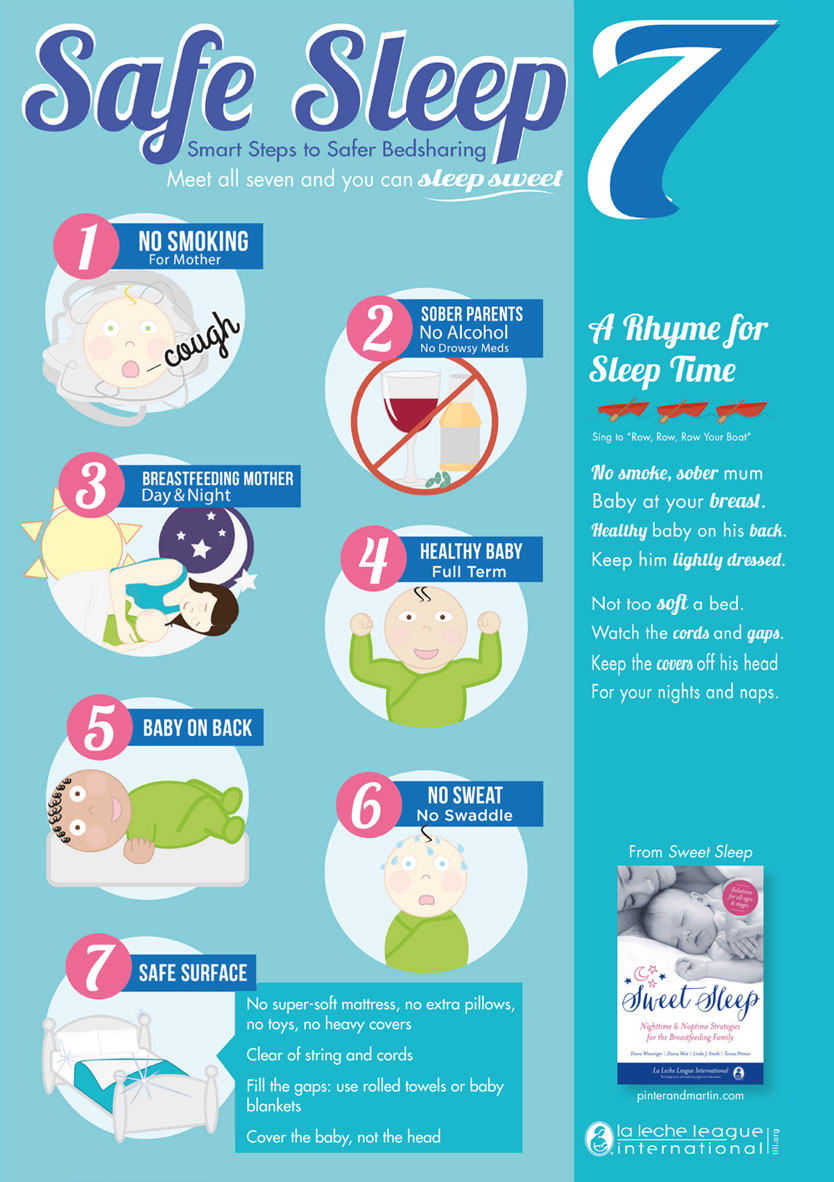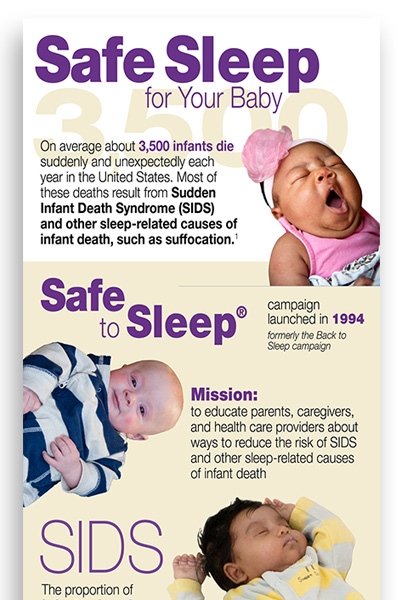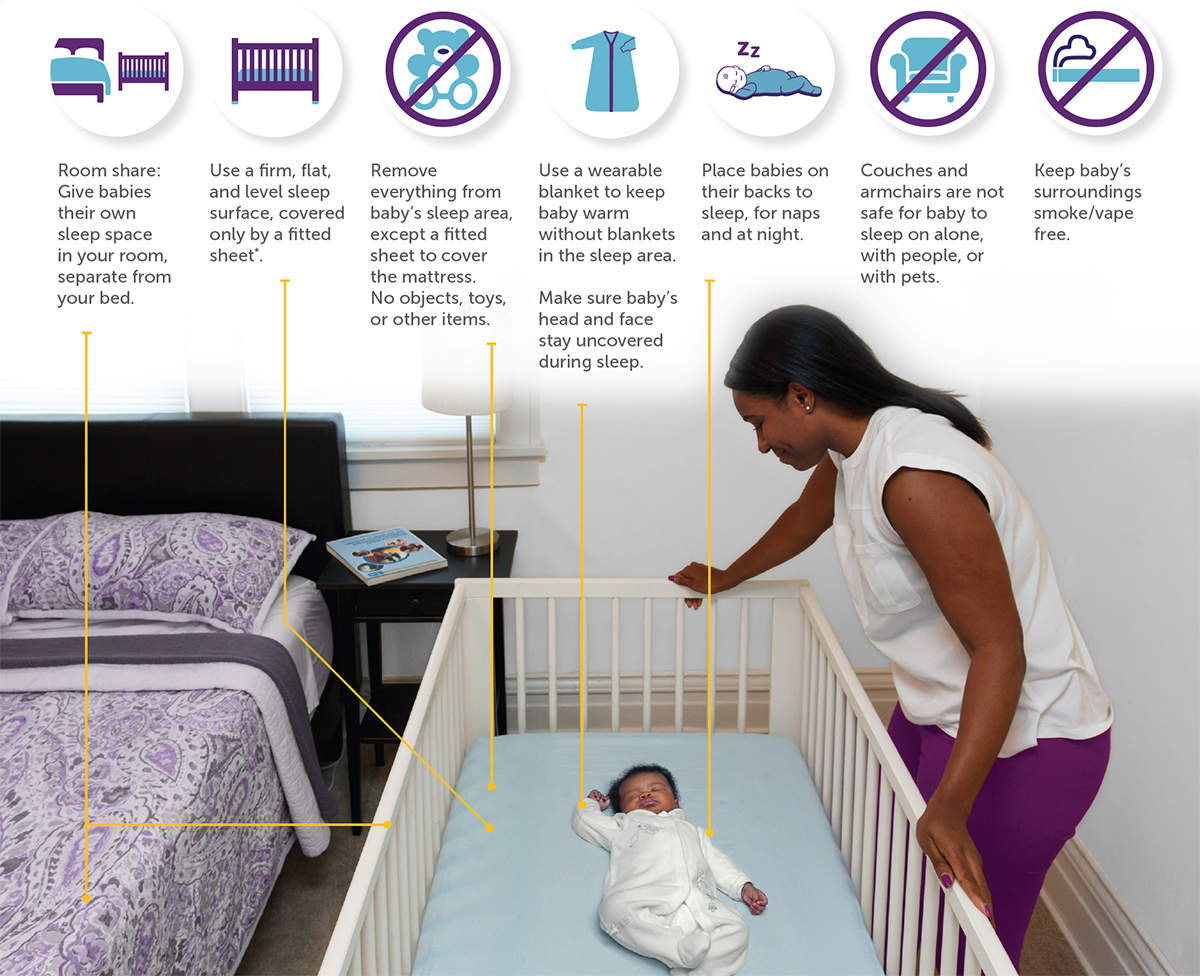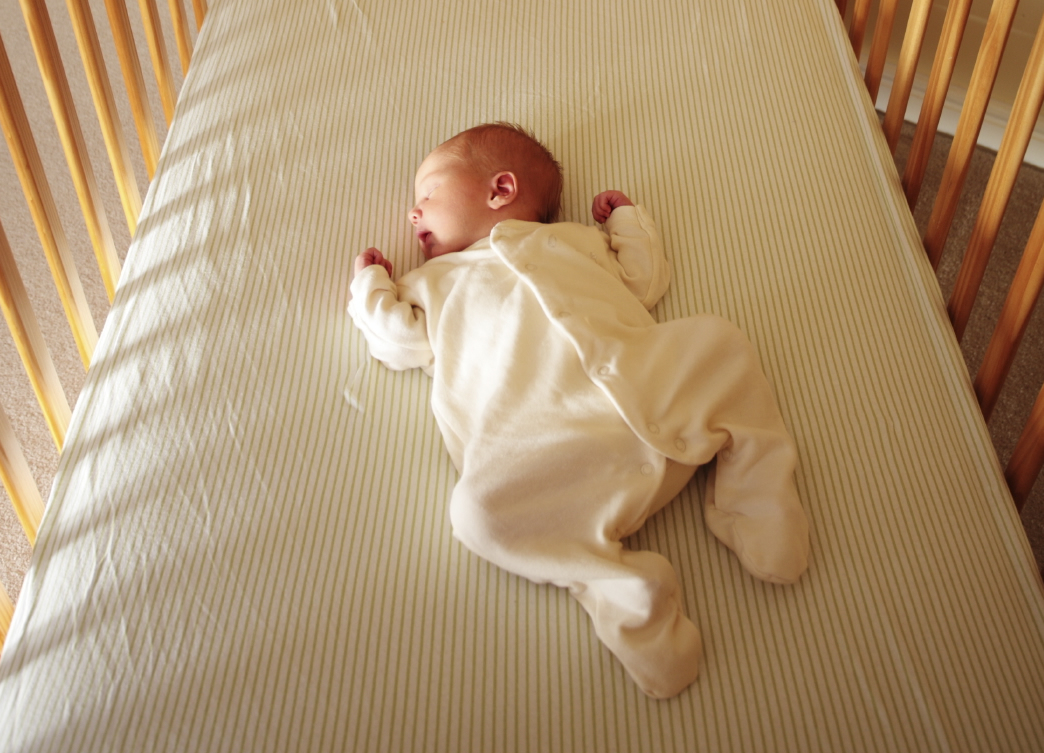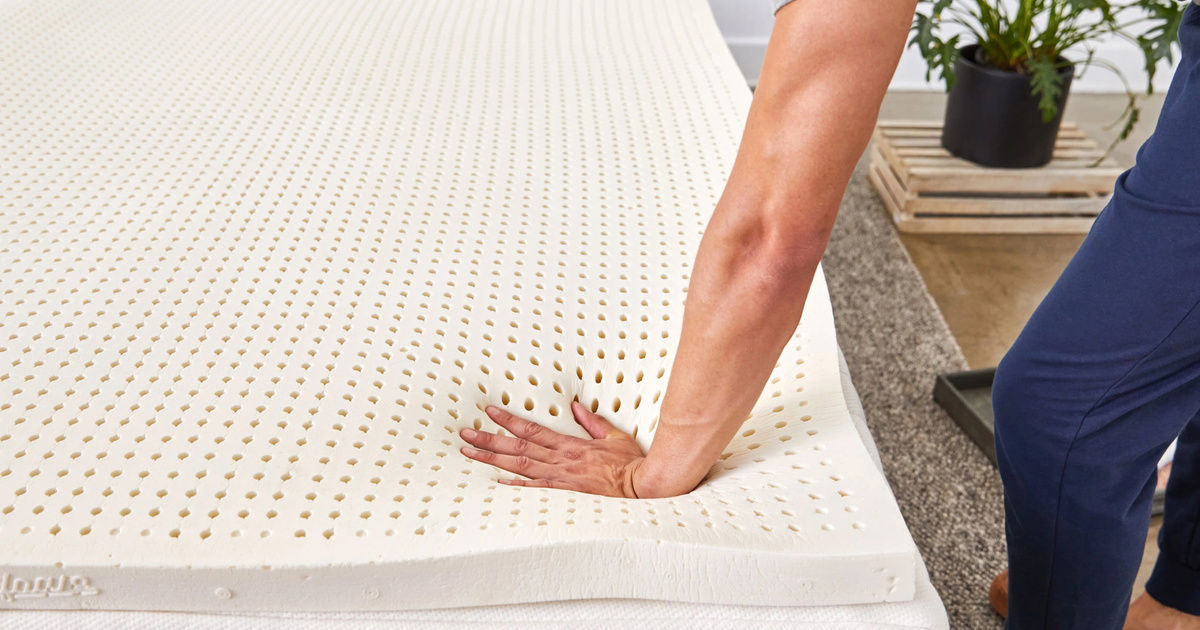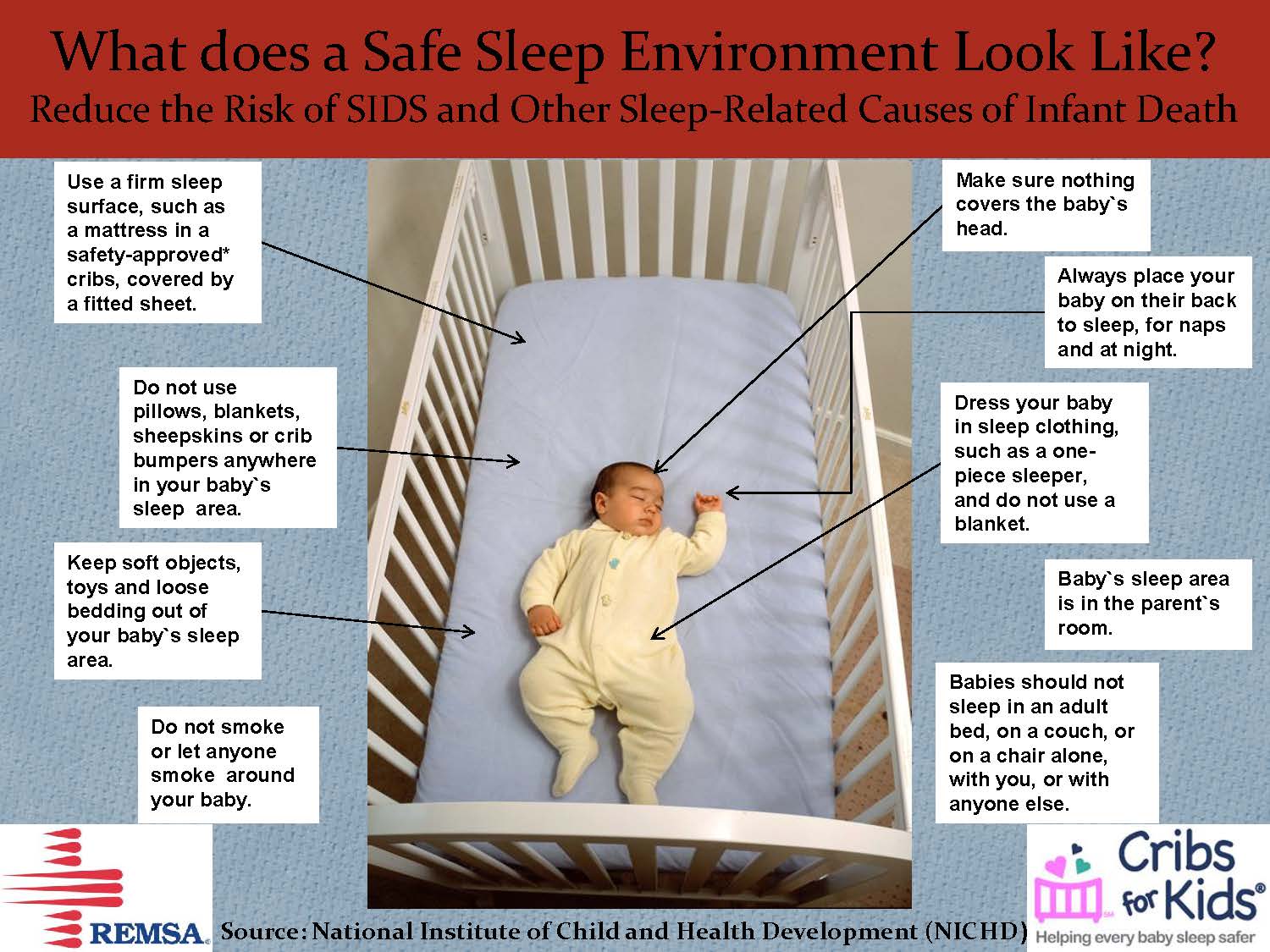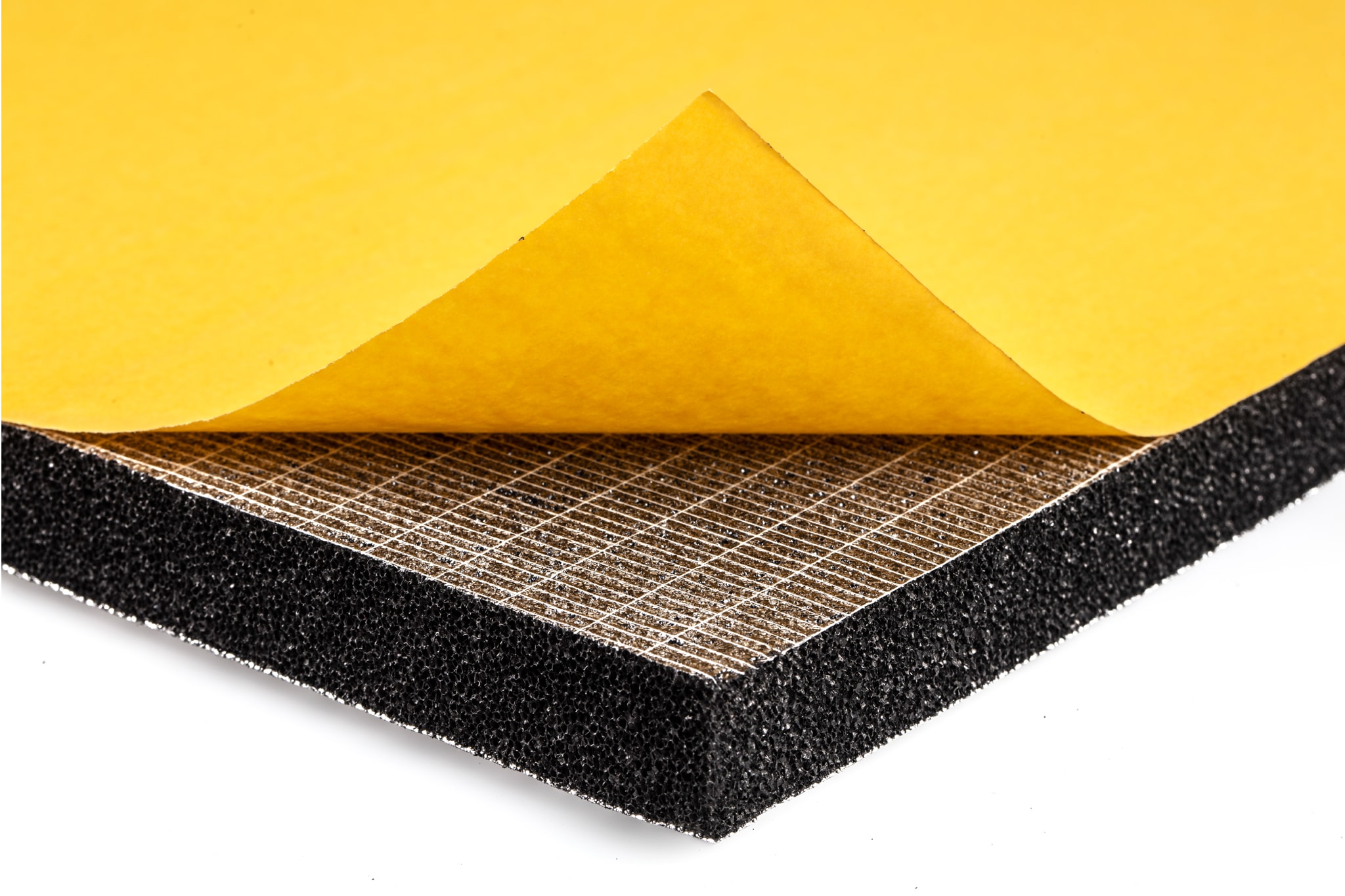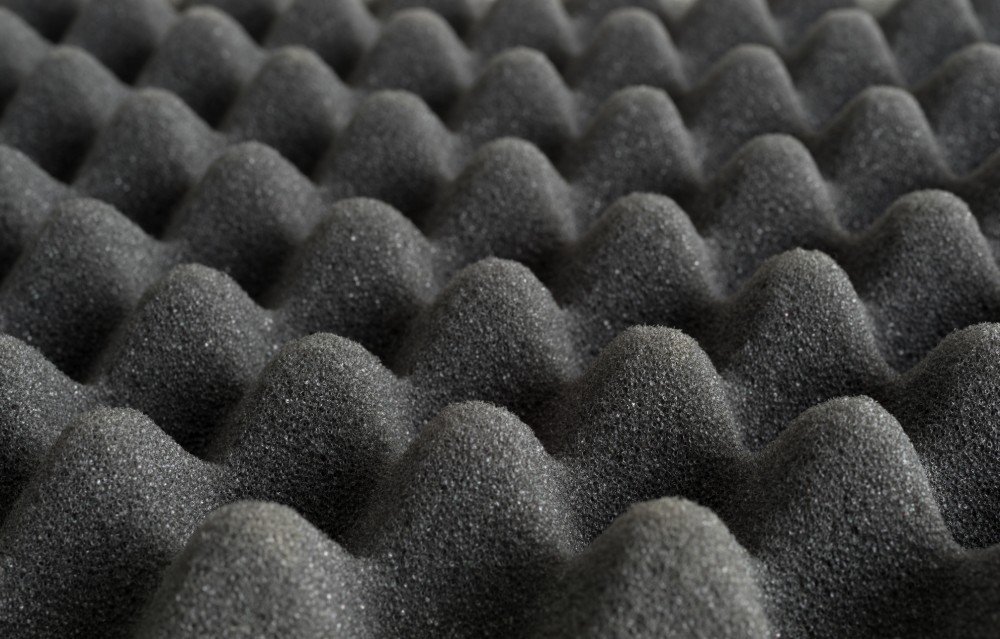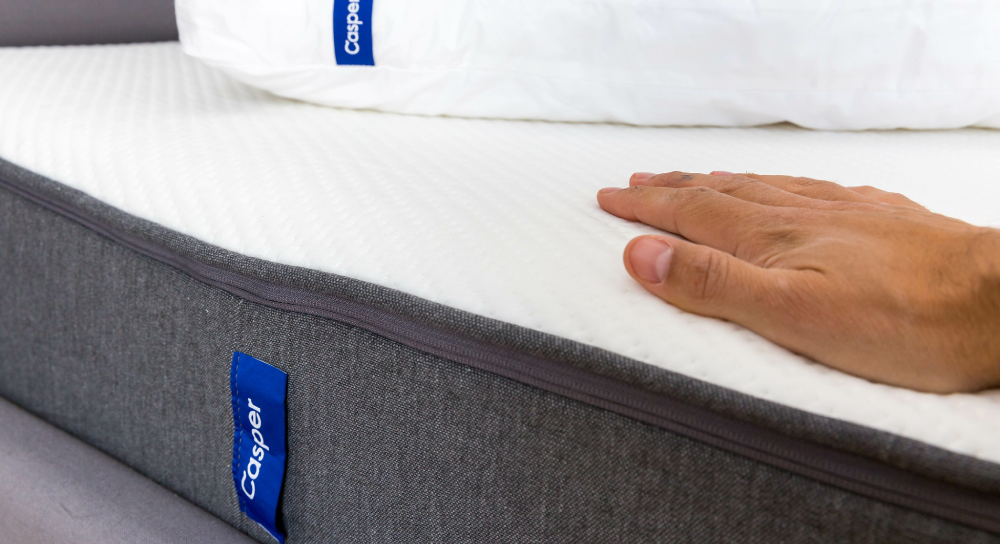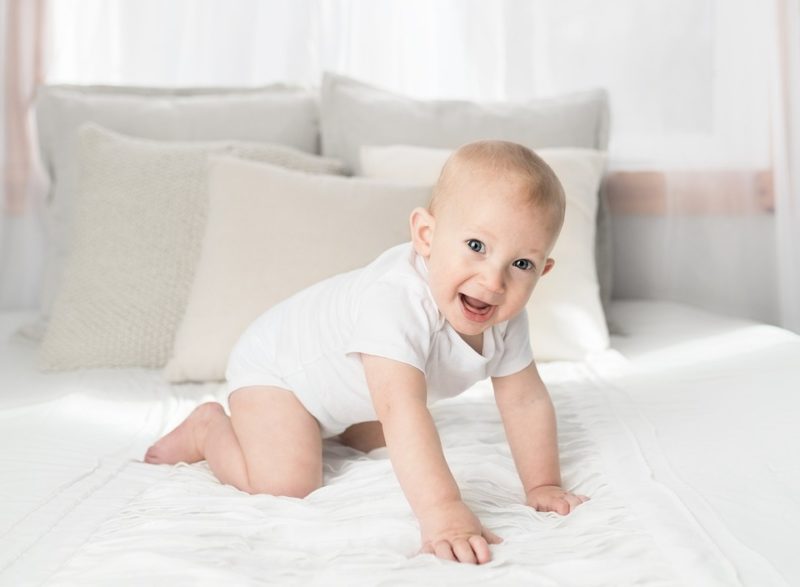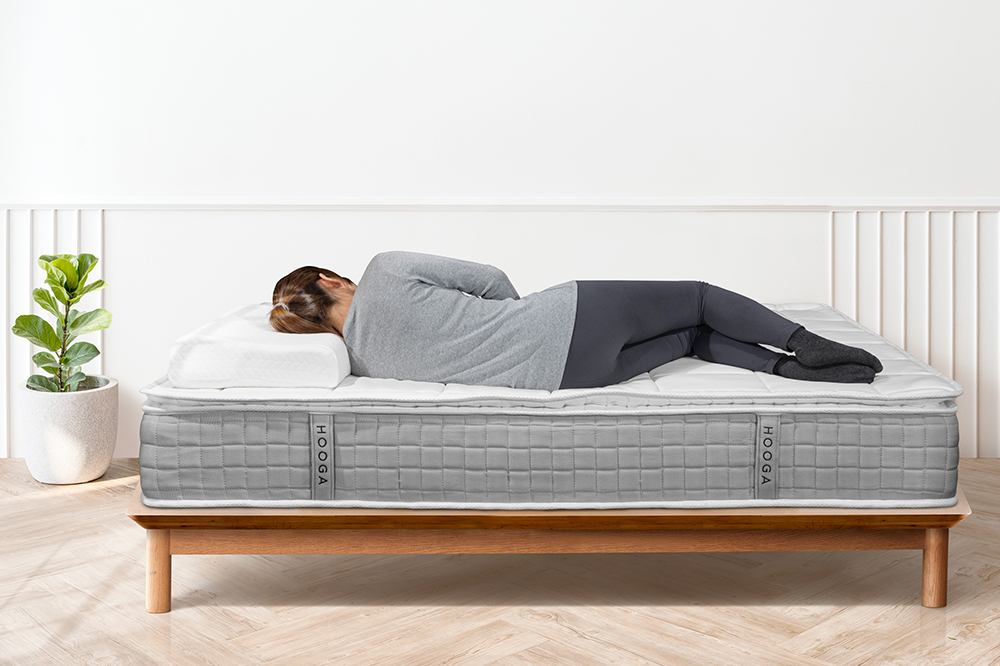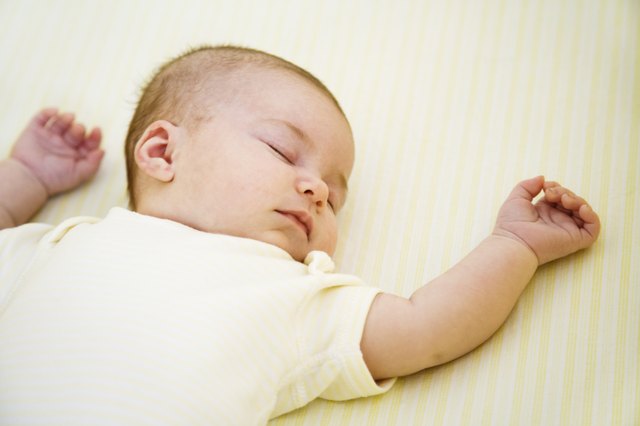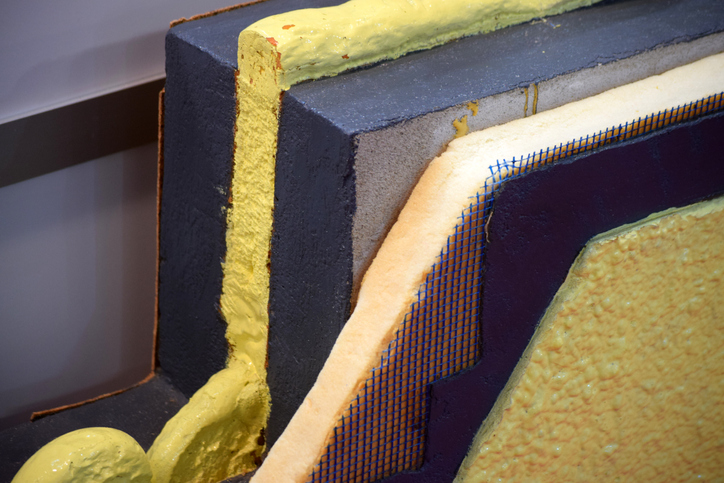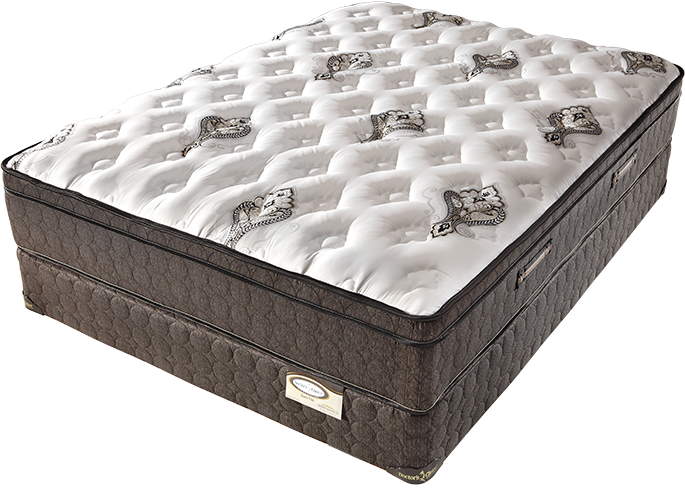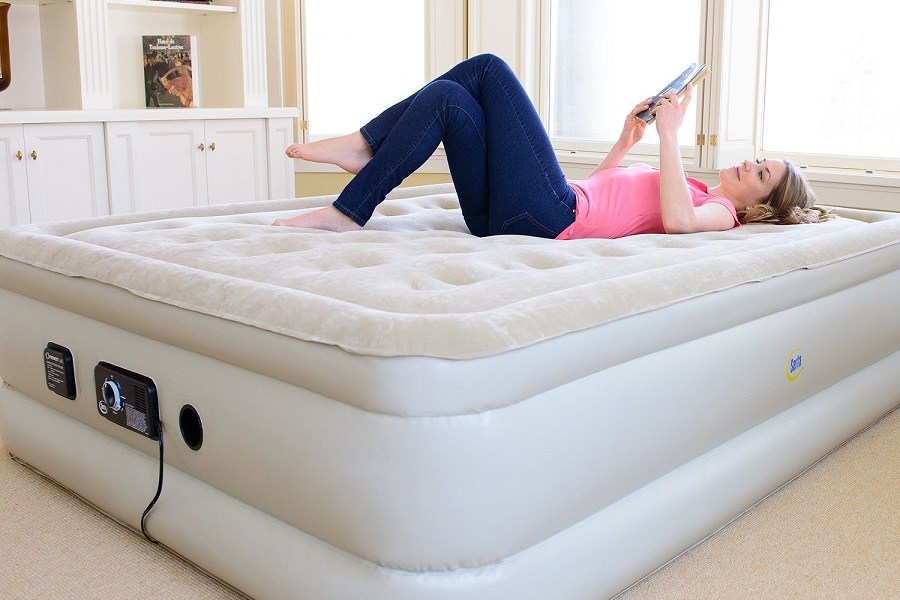When it comes to choosing a baby mattress, safety is the top priority for parents. With so many options on the market, it can be overwhelming trying to determine which materials are safe for your little one. One material that is commonly used in baby mattresses is polyurethane foam. But is it really safe? Let's take a closer look at the safety of polyurethane foam for baby mattresses.Polyurethane Foam Safety for Baby Mattresses
The short answer is yes, polyurethane foam is safe for baby mattresses. However, there are some considerations to keep in mind. Polyurethane foam is a synthetic material that is made from petroleum-based chemicals. These chemicals can emit volatile organic compounds (VOCs) that can be harmful to your baby's health. These VOCs can cause respiratory irritation, headaches, and other health issues. Fortunately, most polyurethane foam used in baby mattresses today is CertiPUR-US certified. This means that it has been tested and certified to have low VOC emissions and is free from harmful chemicals such as formaldehyde, phthalates, and heavy metals. When shopping for a baby mattress with polyurethane foam, look for this certification to ensure the safety of your little one.Is Polyurethane Foam Safe for Baby Mattresses?
Aside from the potential for VOC emissions, there are other safety concerns to consider when it comes to polyurethane foam in baby mattresses. One of the main concerns is the risk of suffocation. Polyurethane foam is a dense material, which means that it can create a suffocation hazard if your baby's face becomes pressed against it. This is why it's important to always follow safe sleep practices and never leave loose bedding or soft objects in your baby's sleep area. Another potential safety issue with polyurethane foam is its flammability. Like most synthetic materials, polyurethane foam is highly flammable and can ignite quickly. This is why it's important to look for a baby mattress that meets federal flammability standards and has additional fire safety measures in place, such as a flame-retardant barrier.Baby Mattress Safety: Polyurethane Foam
There is a lot of misinformation out there about the safety of polyurethane foam in baby mattresses. Some sources claim that polyurethane foam is linked to health issues such as SIDS (sudden infant death syndrome) and asthma. However, there is no scientific evidence to support these claims. In fact, the American Academy of Pediatrics states that there is no evidence to suggest that any specific type of mattress is better or worse for reducing the risk of SIDS. The most important factor is to follow safe sleep practices, such as placing your baby on their back to sleep on a firm and flat surface with no loose bedding or soft objects in the sleep area.The Truth About Polyurethane Foam and Baby Mattresses
When it comes down to it, the safety of your baby's sleep environment is more about the overall construction of the mattress rather than the specific material used. Look for a baby mattress that is made with high-quality materials and meets safety standards such as CertiPUR-US for polyurethane foam and federal flammability standards. Additionally, it's important to consider the firmness of the mattress. While polyurethane foam is a relatively firm material, it can still have some give. A baby mattress should be firm enough to support your baby's developing spine and prevent them from sinking into the mattress, which can increase the risk of suffocation.Safe Sleep: Choosing a Baby Mattress with Polyurethane Foam
In summary, polyurethane foam is a safe material for baby mattresses when it is CertiPUR-US certified and meets federal flammability standards. However, it's important to also consider the overall construction and firmness of the mattress for your baby's safety. Always follow safe sleep practices and never leave loose bedding or soft objects in your baby's sleep area to further reduce the risk of suffocation.Polyurethane Foam and Baby Mattresses: What You Need to Know
Now that you have a better understanding of the safety of polyurethane foam in baby mattresses, you can make an informed decision when choosing the best mattress for your little one. Remember to look for the CertiPUR-US certification and federal flammability standards, and always prioritize safe sleep practices for your baby's well-being.Understanding the Safety of Polyurethane Foam in Baby Mattresses
Polyurethane foam plays an important role in providing a comfortable and supportive sleep surface for your baby. When used in conjunction with other safe materials and construction methods, it can create a safe and comfortable sleep environment for your little one. By understanding the safety considerations and following safe sleep practices, you can have peace of mind knowing that your baby is sleeping soundly on a safe and comfortable mattress.Choosing a Safe Baby Mattress: The Role of Polyurethane Foam
Ultimately, the decision to use polyurethane foam in your baby's mattress is a personal one. Some parents may prefer to use only natural materials, while others may choose to prioritize factors such as affordability and comfort. If you do choose a baby mattress with polyurethane foam, be sure to do your research and opt for a high-quality mattress that meets safety standards.Is Polyurethane Foam the Best Choice for Your Baby's Mattress?
As a parent, your child's safety is always your top priority. By understanding the safety considerations and taking the necessary precautions, you can confidently choose a baby mattress with polyurethane foam that will provide a safe and comfortable sleep surface for your little one. Remember to always follow safe sleep practices and choose a high-quality mattress from a reputable manufacturer for the best results.The Safety of Polyurethane Foam in Baby Mattresses: What Parents Need to Know
Why Polyurethane Foam is a Safe and Ideal Choice for Your Baby's Mattress
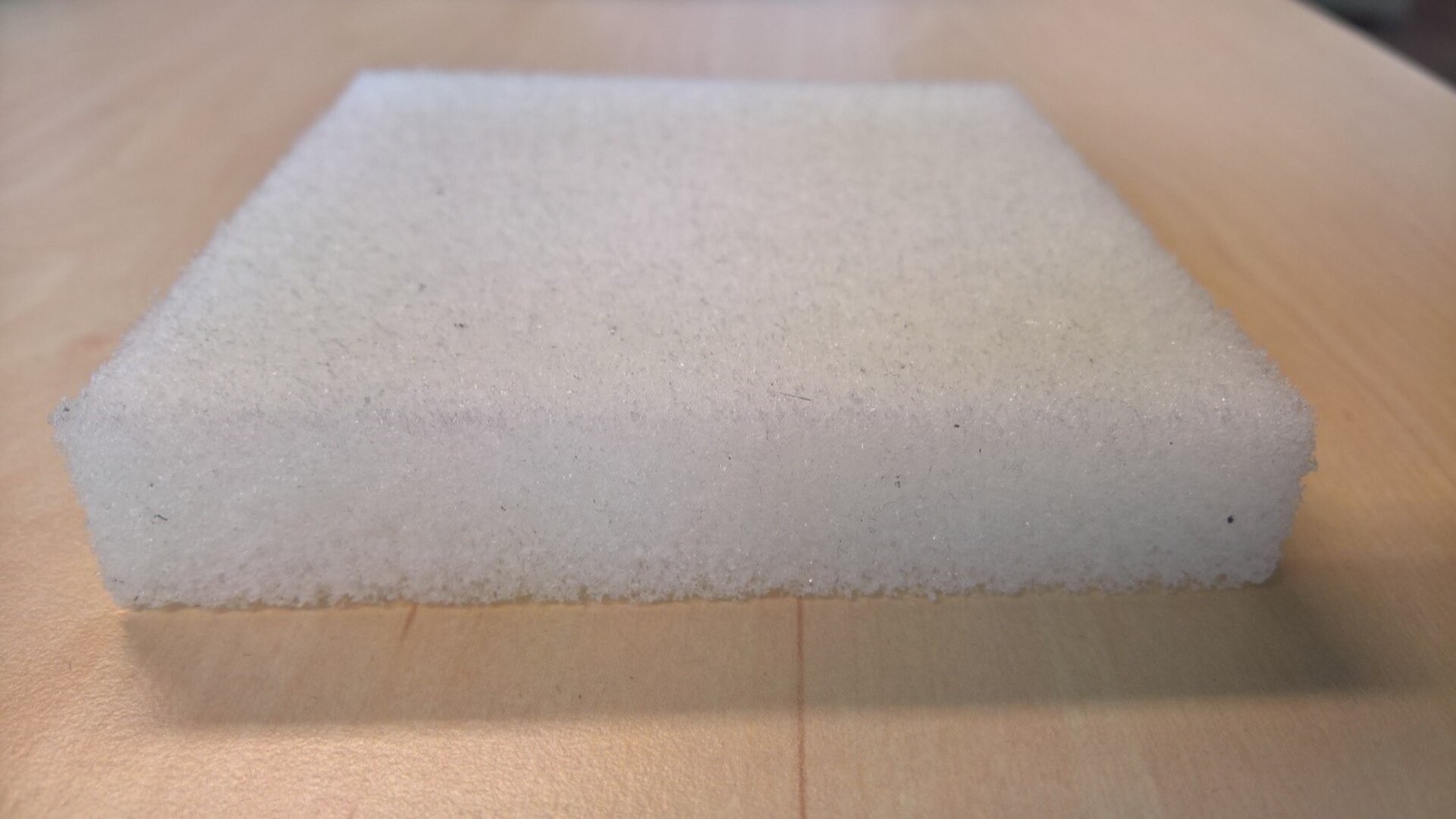
Understanding the Concerns
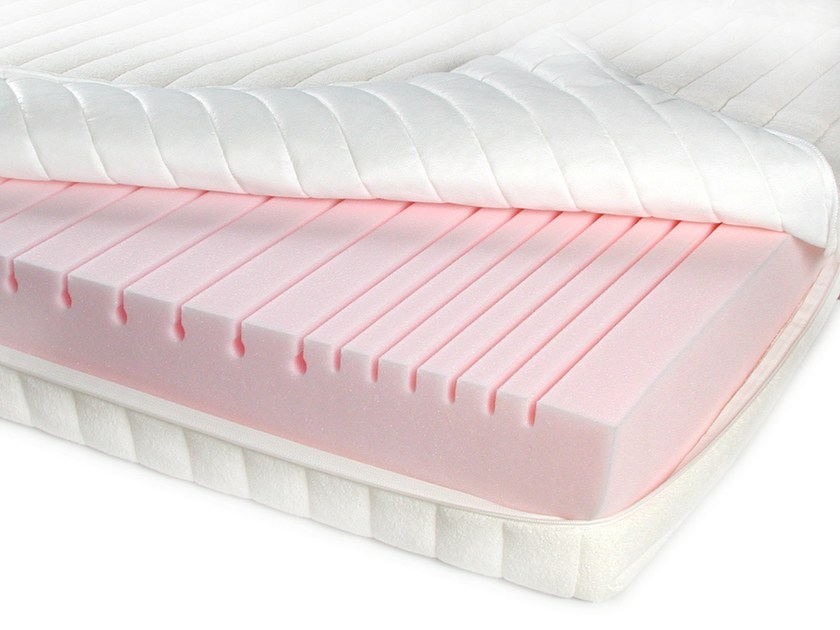 As a parent, the safety and well-being of your baby is a top priority. You want to make sure that every product you use for your little one is of the highest quality and poses no harm. This is especially true when it comes to choosing a mattress for your baby's crib. With the increasing popularity of polyurethane foam mattresses, you may have heard some concerns about their safety. However, it's important to understand the facts and make an informed decision for your baby's comfort and safety.
As a parent, the safety and well-being of your baby is a top priority. You want to make sure that every product you use for your little one is of the highest quality and poses no harm. This is especially true when it comes to choosing a mattress for your baby's crib. With the increasing popularity of polyurethane foam mattresses, you may have heard some concerns about their safety. However, it's important to understand the facts and make an informed decision for your baby's comfort and safety.
The Truth About Polyurethane Foam
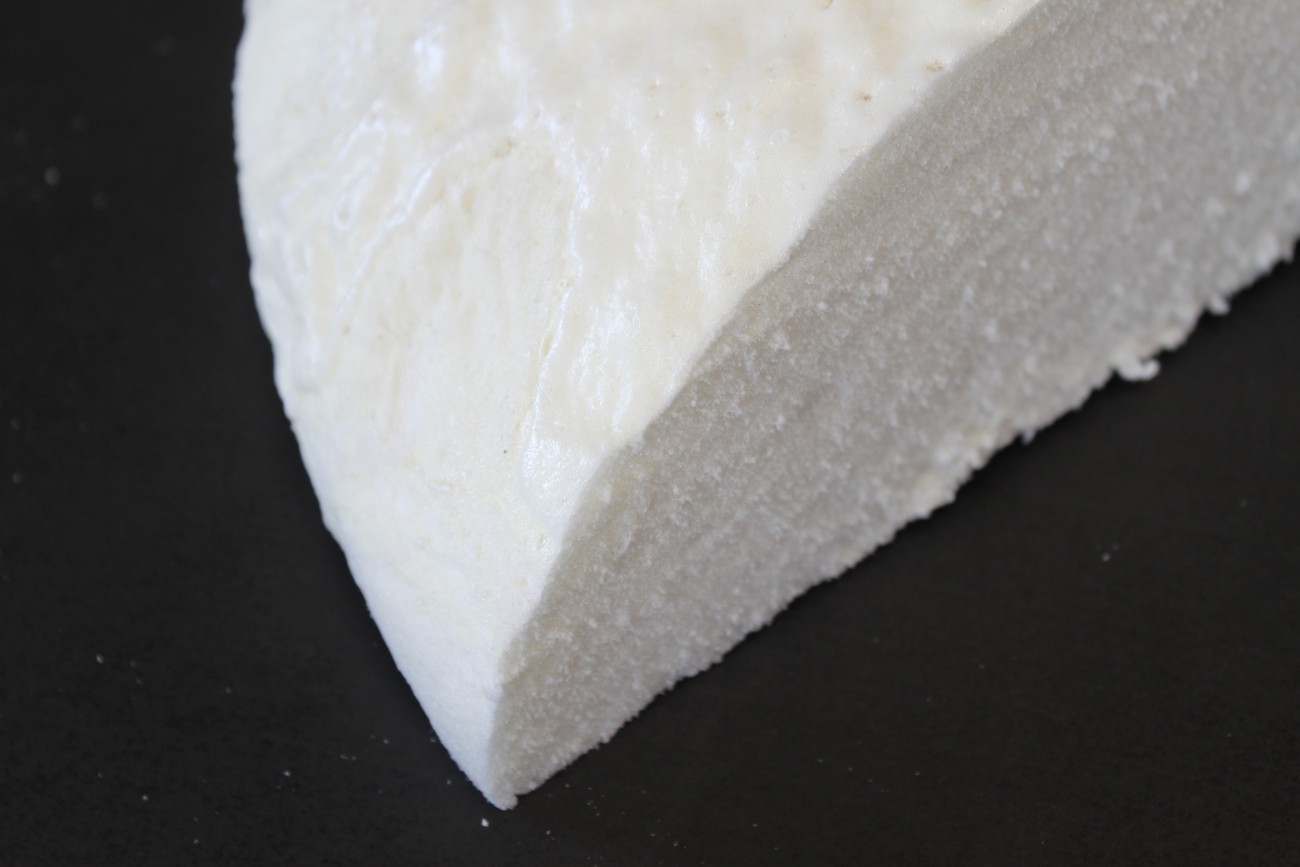 First, let's clarify what polyurethane foam actually is. It is a type of synthetic foam material that is widely used in a variety of products, including mattresses. It is known for its durability, support, and comfort, making it a popular choice for many mattress brands. However, some parents may be concerned about the chemicals used in the production of polyurethane foam and how they may affect their baby's health.
But here's the truth:
polyurethane foam is safe for your baby's mattress as long as it is CertiPUR-US® certified.
This means that the foam has undergone rigorous testing and has been approved to have low emissions of volatile organic compounds (VOCs). These compounds can be harmful to your baby's health if emitted in high levels, but CertiPUR-US® certified polyurethane foam ensures that this is not the case.
First, let's clarify what polyurethane foam actually is. It is a type of synthetic foam material that is widely used in a variety of products, including mattresses. It is known for its durability, support, and comfort, making it a popular choice for many mattress brands. However, some parents may be concerned about the chemicals used in the production of polyurethane foam and how they may affect their baby's health.
But here's the truth:
polyurethane foam is safe for your baby's mattress as long as it is CertiPUR-US® certified.
This means that the foam has undergone rigorous testing and has been approved to have low emissions of volatile organic compounds (VOCs). These compounds can be harmful to your baby's health if emitted in high levels, but CertiPUR-US® certified polyurethane foam ensures that this is not the case.
The Benefits of Polyurethane Foam
 Not only is polyurethane foam safe for your baby, but it also offers many benefits that make it an ideal choice for their mattress. Its high density and firmness provide excellent support for your baby's developing spine and joints. This can help prevent any discomfort or pain caused by a sagging or unsupportive mattress. Additionally, polyurethane foam is highly durable and can withstand the weight and movements of a growing baby, ensuring longevity for your investment.
But that's not all:
polyurethane foam is also hypoallergenic, making it a great choice for babies with sensitive skin or allergies. It is resistant to dust mites, mold, and mildew, creating a clean and healthy sleeping environment for your little one. And with its affordable price point, polyurethane foam mattresses are a budget-friendly option for new parents.
Not only is polyurethane foam safe for your baby, but it also offers many benefits that make it an ideal choice for their mattress. Its high density and firmness provide excellent support for your baby's developing spine and joints. This can help prevent any discomfort or pain caused by a sagging or unsupportive mattress. Additionally, polyurethane foam is highly durable and can withstand the weight and movements of a growing baby, ensuring longevity for your investment.
But that's not all:
polyurethane foam is also hypoallergenic, making it a great choice for babies with sensitive skin or allergies. It is resistant to dust mites, mold, and mildew, creating a clean and healthy sleeping environment for your little one. And with its affordable price point, polyurethane foam mattresses are a budget-friendly option for new parents.
The Final Verdict
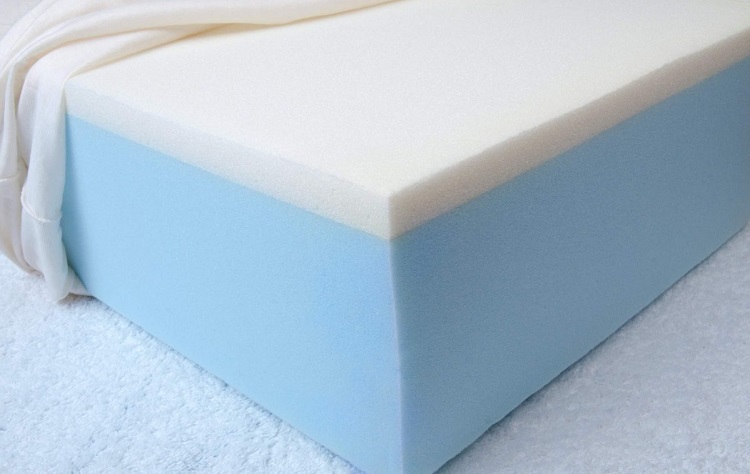 In conclusion,
polyurethane foam is a safe and ideal choice for your baby's mattress
. With its CertiPUR-US® certification, high density and firmness, hypoallergenic properties, and affordable price point, it offers both peace of mind and comfort for your little one. So, when it comes to choosing a mattress for your baby, don't let the misconceptions about polyurethane foam sway you - it is a safe and beneficial option for your baby's sleep.
In conclusion,
polyurethane foam is a safe and ideal choice for your baby's mattress
. With its CertiPUR-US® certification, high density and firmness, hypoallergenic properties, and affordable price point, it offers both peace of mind and comfort for your little one. So, when it comes to choosing a mattress for your baby, don't let the misconceptions about polyurethane foam sway you - it is a safe and beneficial option for your baby's sleep.





